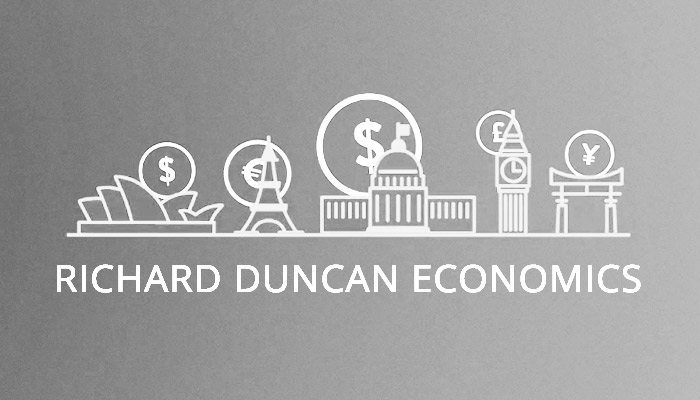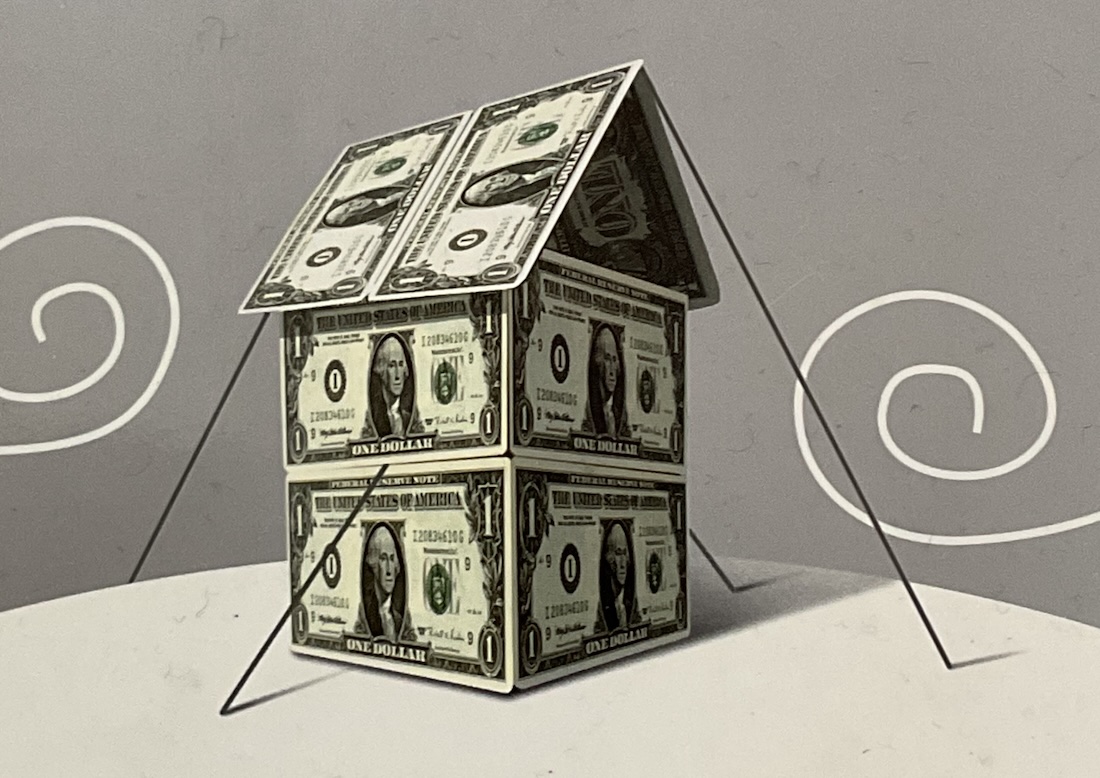How My Views Differ From:

Posted November 26, 2010
- Keynesians
- Bernanke and the Monetarists
- Free Traders
- The Libertarians
- The Tea Party
- The Democrats
- The Republicans
- The Bulls/the optimists
- The Bears/the pessimists
- China Bulls
- China’s policymakers


Неllo Мr Duncan ,
You are an excellent ecоnomist – а truly rare breed
I’ve read everything on your site plus the dollar crisis but I can’t get it – how exactly are views different from Keynesians ?
in my view you incline more to the Keynesian school of econmic thought than any orher
I have recently read “The New Depression”. While I am impressed by the general clarity and cogency of the arguments found therein, I do have a couple of bones to pick. Perhaps the issue lies on my side due to a deficient understanding of the presentation; perhaps not. Anyway, here are two places where I don’t agree and/or understand the points being made. They are related. In Chapter 10 all inflationary periods prior to the 1970’s are accounted for as follows: “excessive government spending had created domestic bottlenecks in industrial production and labor shortages; and those factors combined to generate wage-push inflation.” Schooled in the classical economic understanding of inflation, I regard “wage-push inflation” as a myth. Where labor shortages with consequent increases in wage rates occur (in specific sectors/industries where bottlenecks develop) businesses cannot automatically and arbitrarily raise prices to compensate for increased labor costs, disregarding the equilibrium prices set by the market for their outputs. This will typically result in decreased sales and profits, forcing them to lower prices once again and absorb the increased labor costs themselves. Alternately, if the products produced have highly inelastic demand curves and thus the public keeps buying at only slightly diminished levels, then less money will be available to buy other commodities and those will fall in price. Thus there will, in neither scenario, be a general rise in the level of prices. That is, inflation will not be produced by this mechanism. Now if we add to the mix government monetizing of the debt resulting from excessive government spending or other steps to increase the money supply with respect to goods and services, inflation will result. However, this is not stated in the analysis.
In the section on Protectionism and Inflation the analysis appears to be similarly deficient. The statement is made: “If import tariffs are enacted, there will be a sharp rise in inflation.” A bit later it is added that “High rates of inflation would drive interest rates sharply higher. Bonds, stocks, and property prices would all crash as a result.” Even if we grant the stated consequences of a high rate of inflation (and I am not sure that the causal arrows there are as clear and as simple as is suggested), it is not at all clear how tariffs are supposed to result in a sharp rise in inflation. The only warranted conclusion from tariff enactment alone (I am not considering the whole chain of events which may subsequently unfold in the political arena as this would be too speculative) is that the specific products affected by the tariffs will rise in price. Without a concomitant increase in the money supply tariffs on imports cannot produce inflation (a general rise in prices). All that will occur is that either people will continue buying the higher priced imports and spend less on other products (lowering demand resulting in lower prices for these) or will buy less of the imports. Thus some products will rise in price and some will lower. This is not inflation. As von Mises and others succinctly point out inflation is a monetary phenomenon resulting from an increase in the supply of money (nowadays money/credit) with respect to the amount to things available to spend it on (goods and services).
Richard you area great economist, but i think that you have a lot in common with china policy makers, spend in improve tchnology in a supply stimulus is the way that china has made the economy, however i think that is the right way, your solution with solar economy is awesome, i hope it won´t be accomplished because i write from a emerging country that rely in fossil energy